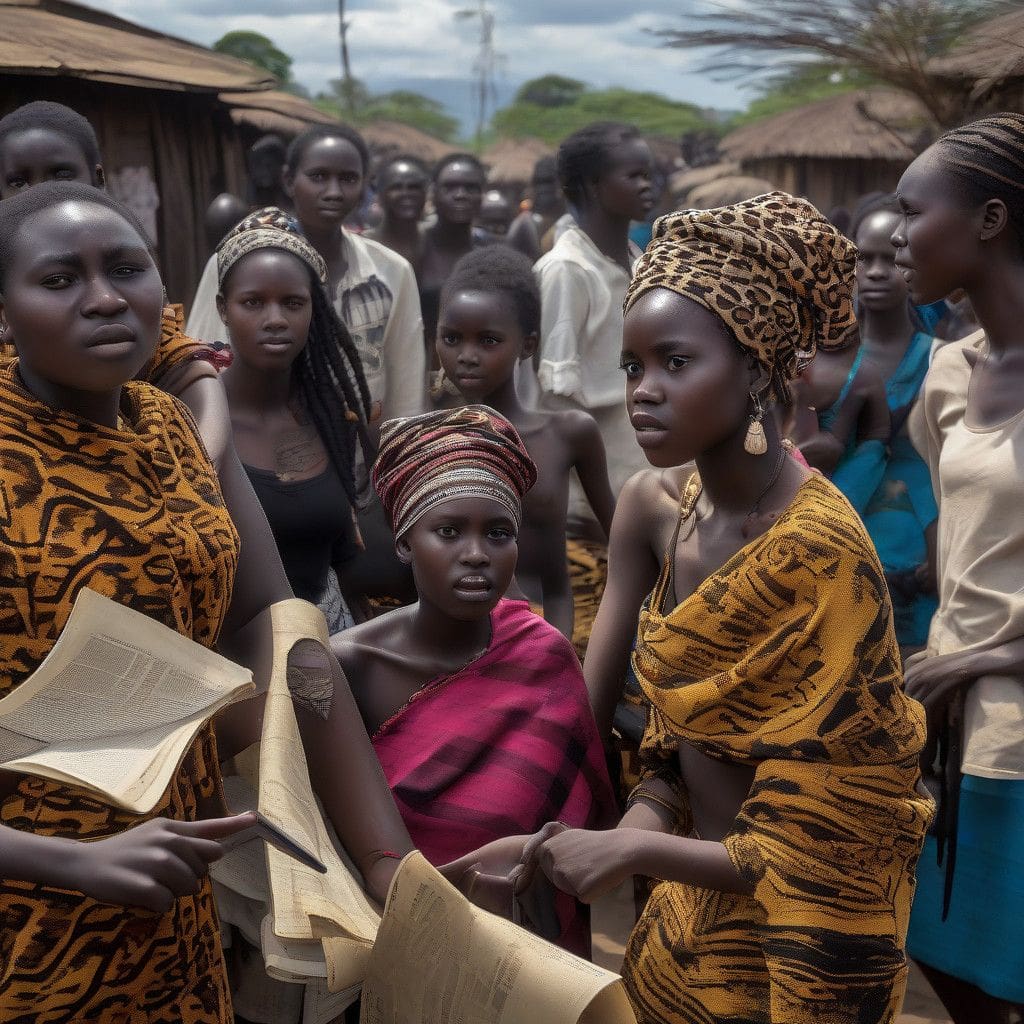Mwananchi Communications Ltd, a prominent media company in Tanzania, has found itself embroiled in controversy following a 30-day suspension imposed by the Tanzania Communications Regulatory Authority (TCRA). The TCRA justifies this ban by alleging that the company published content that reportedly damaged the nation’s image, stating violations of the nation’s Online Content Regulations 2020.
The specific details of the prohibited content have not been disclosed, leaving much to speculation and debate. However, the issue arose after Mwananchi Communications released an animated video across its platforms, including X and Instagram, which featured citizens expressing their fears about missing or murdered loved ones. This clip was removed shortly after publication as the company deemed its content to be misinterpreted, subsequently issuing an apology.
The implications of this suspension have triggered intense criticism from various opposition groups, notably the opposition party ACT-Wazalendo, who argue that such actions reflect a broader strategy by the government to stifle media voices that dare to highlight the nation’s challenges. They suggest that this can be seen as part of a troubling trend in which the government seeks to suppress proper discourse and limit public awareness of crucial issues such as political violence and human rights abuses occurring within the country.
This situation is indicative of a prevailing tension surrounding media freedoms in Tanzania. Previous years had seen a glimmer of hope for increased press freedoms under President Samia Suluhu Hassan’s administration. Many appreciated her government’s efforts to ease restrictions on political rallies and provide a more open media landscape. Nonetheless, recent occurrences, including the ban on protests and arrests of journalists, have raised alarms about a potential regression in democratic freedoms in Tanzania.
Tanzania’s history is fraught with examples of governmental overreach into the realm of media and press operations. The striking balance between national unity and freedom of expression is indeed a delicate one. While the government argues that censorship is intended to uphold peace and harmony, many observers argue this often comes at the expense of transparency and accountability—critical components of a healthy democracy.
International organization reports, such as those from Human Rights Watch and the Committee to Protect Journalists, reveal that Tanzania’s press environment remains hostile towards voices that challenge the status quo. Journalists have faced threats, harassment, and legal consequences simply for doing their jobs, leading to an atmosphere where self-censorship becomes a survival tactic in the industry.
The TCRA’s vague reference to “restricted content” opens the door to a broader interpretation, potentially allowing for the suppression of an array of topics that may be seen as critical of the government. As such, opposition parties assert that the current political climate fosters a precarious environment for media outlets, forcing them to navigate the complexities of expressing dissenting opinions under the threat of punitive repercussions.
Mwananchi Communications has indicated its intent to comply with the suspension order while asserting the importance of its role in maintaining an informed citizenry. Nevertheless, this incident serves as a reminder of the ongoing struggles faced by media outlets in their quest for freedom and independence in reporting.
The challenges facing the media sector in Tanzania raise critical questions for stakeholders on both national and international levels. Will the government heed the growing calls for greater transparency in its dealings with media companies and offer substantive protections for journalists? Or will Tanzania continue down a path that increasingly curtails press rights superficially justified by considerations of cohesiveness and security?
As the ban unfolds, observers will undoubtedly keep a close eye on the Tanzanian authorities’ next moves and the evolving feedback from civil society, underscoring the importance of resilience in the fight for media freedom and accountability.












